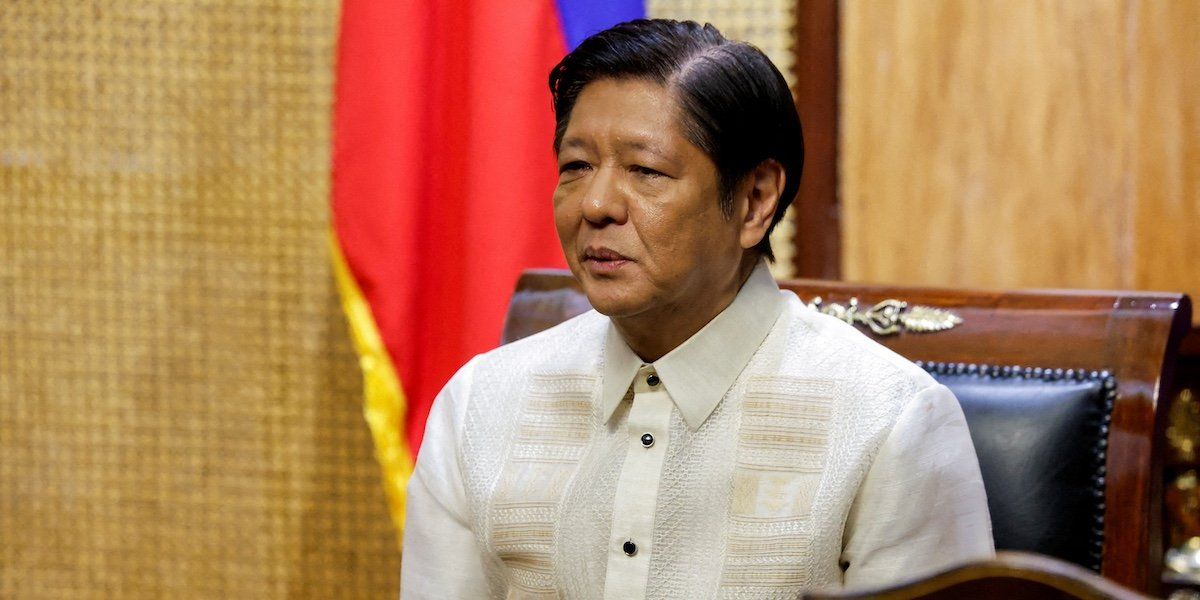Representatives from China and the Philippines met for crucial talks in Manila on Tuesday to put some guardrails on escalating tension in the South China Sea following a serious confrontation last month. Three of Manila’s ships were damaged on June 17 when Chinese sailors surrounded and boarded them while wielding edged weapons, and one Filipino sailor lost a finger.
Manila had hoped China would promise to pay for the damage they caused during the most recent incident. But the meeting ended without any substantial agreement beyond affirming a joint “commitment to de-escalate tensions without prejudice to their respective positions.”
Still, Washington is likely relieved both sides agreed to keep talking about ways to tone down the increasingly violent confrontations. The US has repeatedly warned China that it will honor its mutual defense treaty obligations to the Philippines if needed.
Neither side wants war, but both Beijing and Manila see the South China Sea issue as one of
core sovereignty – both sides feel this is their territory – and don’t find much room for compromise. We’ll be watching any future negotiations that might keep a lid on things until the US election in November, which could cause strategic re-evaluations if
Donald Trump wins.
